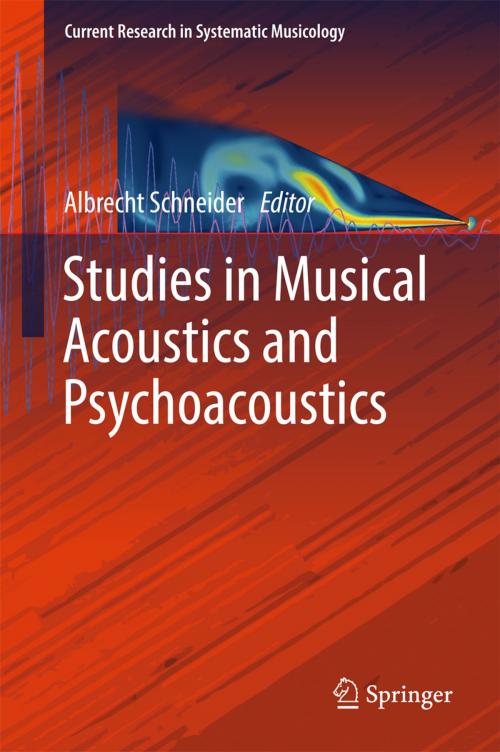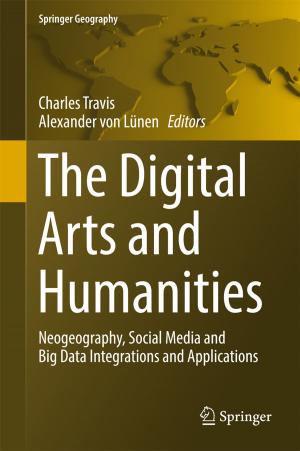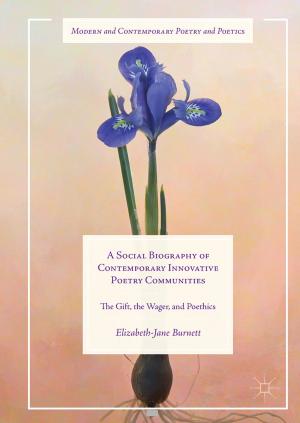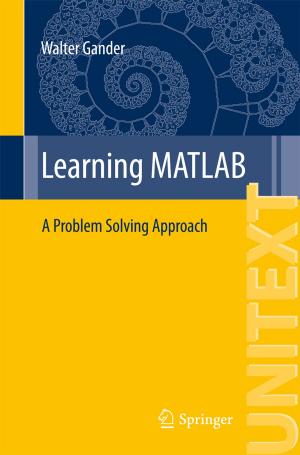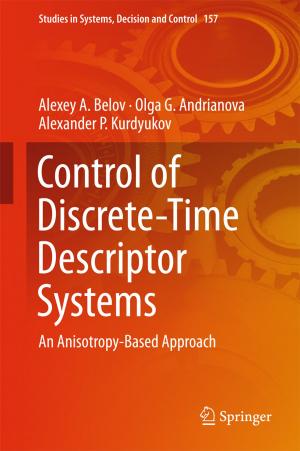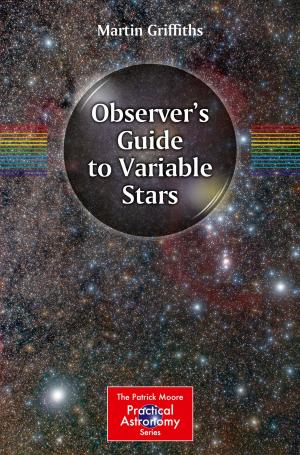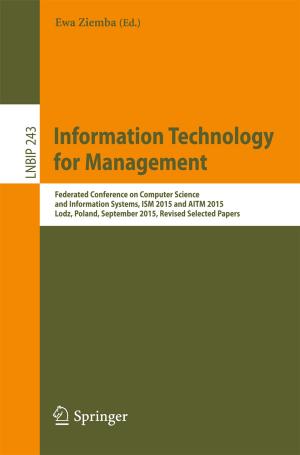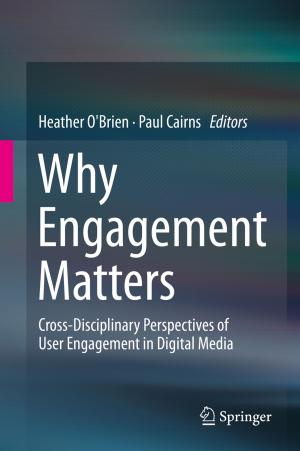Studies in Musical Acoustics and Psychoacoustics
Nonfiction, Science & Nature, Technology, Acoustics & Sound, Entertainment, Music| Author: | ISBN: | 9783319472928 | |
| Publisher: | Springer International Publishing | Publication: | December 26, 2016 |
| Imprint: | Springer | Language: | English |
| Author: | |
| ISBN: | 9783319472928 |
| Publisher: | Springer International Publishing |
| Publication: | December 26, 2016 |
| Imprint: | Springer |
| Language: | English |
This book comprises twelve articles which cover a range of topics from musical instrument acoustics to issues in psychoacoustics and sound perception as well as neuromusicology. In addition to experimental methods and data acquisition, modeling (such as FEM or wave field synthesis) and numerical simulation plays a central role in studies addressing sound production in musical instruments as well as interaction of radiated sound with the environment. Some of the studies have a focus on psychoacoustic aspects in regard to virtual pitch and timbre as well as apparent source width (for techniques such as stereo or ambisonics) in music production. Since musical acoustics imply subjects playing instruments or singing in order to produce sound according to musical structures, this area is also covered including a study that presents an artificial intelligent agent capable to interact with a real ('analog') player in musical genres such as traditional and free jazz.
This book comprises twelve articles which cover a range of topics from musical instrument acoustics to issues in psychoacoustics and sound perception as well as neuromusicology. In addition to experimental methods and data acquisition, modeling (such as FEM or wave field synthesis) and numerical simulation plays a central role in studies addressing sound production in musical instruments as well as interaction of radiated sound with the environment. Some of the studies have a focus on psychoacoustic aspects in regard to virtual pitch and timbre as well as apparent source width (for techniques such as stereo or ambisonics) in music production. Since musical acoustics imply subjects playing instruments or singing in order to produce sound according to musical structures, this area is also covered including a study that presents an artificial intelligent agent capable to interact with a real ('analog') player in musical genres such as traditional and free jazz.
